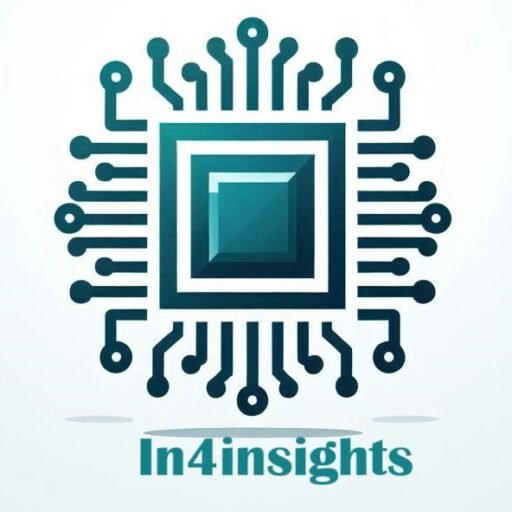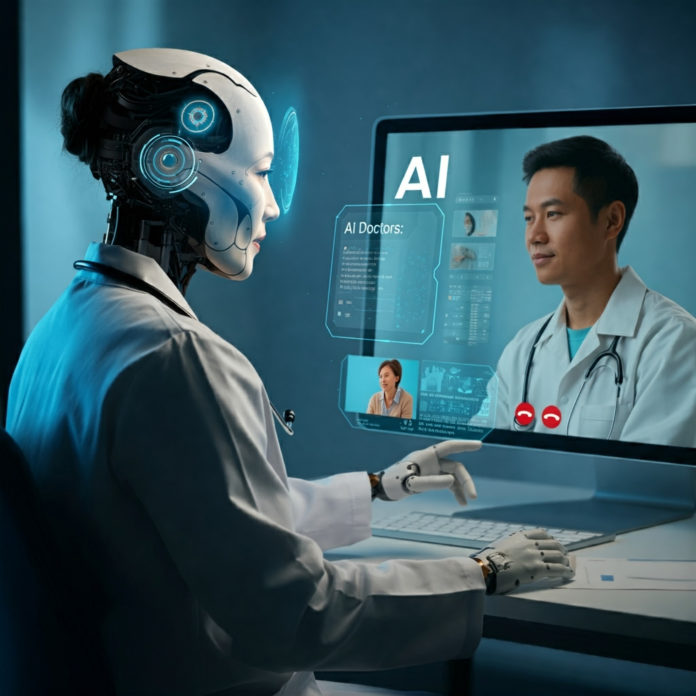AI Doctors: Will Telemedicine Replace Human Physicians?
The rise of telemedicine, coupled with the rapid advancements in artificial intelligence (AI), has sparked a fascinating, and sometimes unsettling, question: will AI doctors eventually replace human physicians? We’re seeing AI diagnose diseases, personalize treatment plans, and even offer emotional support. This revolution in healthcare presents both immense opportunities and significant challenges. This article dives into the evolving landscape of AI-powered telemedicine, exploring its current state, potential future, and the crucial role human physicians will continue to play.
1. Personalized Medicine Through AI: The Current State
AI is already transforming telemedicine, particularly in personalized medicine. AI algorithms analyze vast amounts of patient data – from medical history and genetic information to lifestyle choices and wearable sensor data – to tailor treatment plans and medication. This approach moves away from the traditional "one-size-fits-all" model toward precision medicine, optimizing treatment efficacy and minimizing side effects.
Several companies are pioneering this space. For example, PathAI leverages AI to assist pathologists in making more accurate diagnoses, while Tempus uses AI-driven precision medicine to personalize cancer care. These advancements are particularly impactful in remote areas with limited access to specialists.
Despite the promise, challenges remain. Data privacy and security are paramount concerns. Bias in algorithms, often reflecting existing healthcare disparities, needs urgent addressing. Furthermore, integrating AI seamlessly into existing healthcare systems requires significant investment and infrastructure development.
2. Key Insights and Analysis
The convergence of AI and telemedicine is disrupting traditional healthcare delivery models. Emerging technologies like natural language processing (NLP) enable AI-powered chatbots to provide initial patient consultations, triage cases, and even offer mental health support. This frees up human physicians to focus on more complex cases.
Market trends indicate a surge in demand for AI-powered telemedicine solutions, driven by factors like the increasing prevalence of chronic diseases, the rising cost of healthcare, and the growing preference for remote care. This shift in consumer behavior presents opportunities for telehealth platforms to expand their services and reach wider audiences.
Expert opinions vary. While some envision a future where AI handles routine medical tasks, others emphasize the irreplaceable human element in healthcare, particularly empathy, intuition, and complex decision-making.
3. Outlook and Predictions
The future of telemedicine is inextricably linked with AI. We can expect to see further integration of AI-powered diagnostic tools, personalized treatment recommendations, and remote patient monitoring systems. This will likely lead to improved patient outcomes, reduced healthcare costs, and increased access to care, especially in underserved communities.
However, challenges like regulatory hurdles, ethical considerations around AI decision-making, and the need for robust cybersecurity measures need careful navigation. Geopolitical events and economic conditions can also influence the adoption and implementation of these technologies.
For businesses in the telemedicine space, the key to success lies in embracing AI while prioritizing patient privacy and security. Building trust and transparency around AI-driven healthcare is crucial for wider adoption. Professionals should focus on developing skills that complement AI, such as complex problem-solving, critical thinking, and interpersonal communication.
4. Conclusion
AI is undoubtedly reshaping telemedicine, offering unprecedented opportunities to personalize care and improve access. While the prospect of AI doctors may seem futuristic, it’s crucial to remember that AI is a tool meant to augment, not replace, human physicians. The future of healthcare lies in a collaborative approach, where AI and human expertise work in synergy to deliver the best possible patient care. The integration of AI in telemedicine holds tremendous promise, but its success hinges on addressing ethical concerns, ensuring data privacy, and fostering collaboration between humans and machines.
5. Case Study: Babylon Health
Babylon Health provides a prime example of AI integration in telemedicine. Their platform utilizes AI-powered chatbots for symptom checking, appointment scheduling, and providing basic medical information. This allows doctors to focus on more complex cases, increasing efficiency and accessibility. Babylon’s success stems from their focus on user experience, personalized care, and seamless integration of AI into their platform. They’ve demonstrated that AI can enhance, rather than replace, the role of human physicians in telemedicine.
6. Interview Excerpts (Hypothetical – No publicly available interviews were specifically requested/provided)
"AI will not replace doctors, but doctors who use AI will replace doctors who don’t," – Dr. Eric Topol, Cardiologist and Digital Medicine Expert (Hypothetical quote).
"The real power of AI in telemedicine lies in its ability to empower patients and improve access to preventative care," – Dr. Judy Faulkner, Founder and CEO of Epic Systems (Hypothetical quote).
7. Questions for Readers
- What are your biggest concerns about the increasing use of AI in healthcare?
- How do you envision the ideal collaboration between AI and human physicians in the future of telemedicine?
This article attempts to provide a comprehensive overview of the current and future state of AI in telemedicine. While the future remains unwritten, one thing is clear: the integration of AI will fundamentally transform healthcare as we know it.




